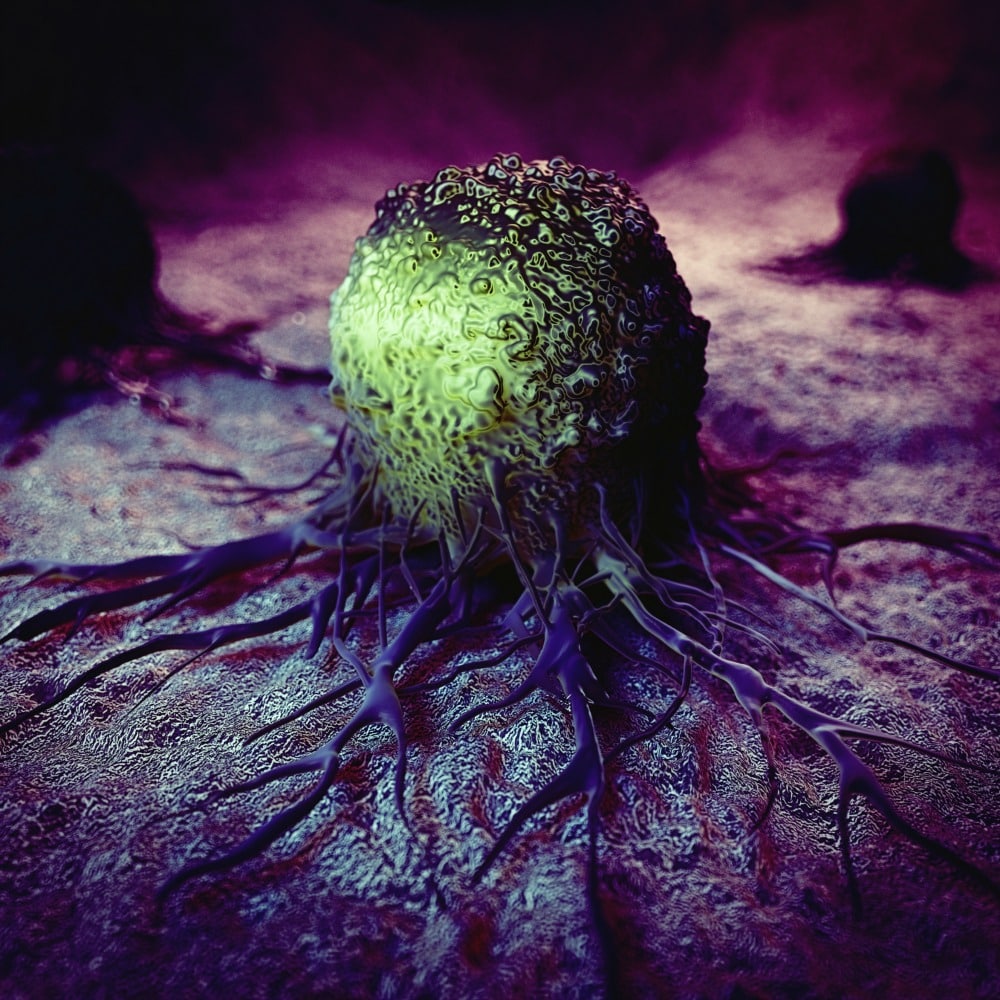Cancer stem cells are progenitor cells that develop into tumour cells, that are difficult to detect and may remain in the body even after primary tumours have been successfully treated or surgically removed. Residual cancer stem cells that survived chemotherapy often develop into new tumours giving rise to metastases, and the recurrence of cancer will typically be a more aggressive form and be resistant to treatment.
Roles of cancer stem cells in recurrent and metastatic cancer have been known, but elusivity has made it difficult to study in situ, in addition cancer stems cells can be difficult to distinguish from that of standard tumour cells with conventional imaging techniques. Specific tissue microenvironments they live in are complex and to date cannot be accurately mimicked in cell cultures, making it not be possible to fully characterise this most important cell type.
AIDeSense probe is specific for the highly elevated aldehyde dehydrogenase 1A1 enzyme in cancer stem cells fluorescing when combined with the target enzyme making the cancer stem cells visible with flow cytometry and confocal imaging; effectively identifying cancer stem cells in cultures in live mice as well as in multiple human cancer cell lines.
The new development holds great potential to provide clinical imaging tools suitable for medical investigation and study of a broad range of cancer types with its ability to highlight the path of injected cancer stem cells as they spread through bodies of mice and became tumours. Making such imaging possible could facilitate answering some of the fundamental questions regarding behaviour of cancer stem cells; and help to enable prediction of cancer prognosis as well as screening for drugs to kill cancer stem cells by targeting the enzyme ALDH1A1.




